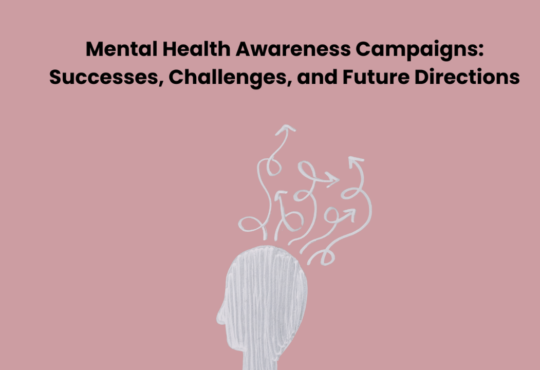Birth control spells freedom for women, giving them the choice to decide when they want a baby and how they space their pregnancies. With the right method, you don’t need to stress about unwanted pregnancy or sexually transmitted diseases. Of course, contraception may fail, but the failure rate is quite low provided you use it correctly.
According to the WHO statistics, the number of women using contraceptives increased from 663 million to 851 million between 2000 and 2020. Nearly 70 million more will likely join the bandwagon by 2030. The number averages at 6 out of 10 for American women as of 2023 and is projected to increase in the next decade.
As a beginner or a seasoned contraceptive user, you should prioritize safety when selecting an ideal method or switching to an alternative one. A safe method suits your body, lifestyle, and preferences. Besides ensuring birth control, it poses minimal health risks in the long run. You must double-check several factors in this context.
Here are a few to evaluate to determine the safety of your contraceptive method.
Understand Your Health Profile
Did you know that your overall health profile can influence the choice of the ideal contraceptive method? A specific method may not be apt for you if you have certain health conditions. For example, birth control pills with high-dose estrogen are not safe for women with a history of blood clots. Likewise, hypertension and diabetes may limit your options.
Besides birth control pills, patches, and rings do not pair well with specific health issues. You should consult your healthcare provider if you have a history and genetic risks of such conditions. Be open about discussing your options and asking questions to get a clear view of the safest contraceptive methods.
Consider Potential Side Effects
While contraception empowers women, it comes at a price. Research shows that most methods have side effects, such as menstrual irregularity, dizziness, nausea, changes in weight, headaches, and cardiovascular impacts. Additionally, you may feel apprehensive about the long-term effects of birth control, such as childbirth complications and infertility.
The Paragard IUD lawsuit is an example of grave side effects you cannot overlook when using an intrauterine device. Teva and Cooper Surgical, the manufacturers of Paragard IUD products, failed to provide proper warning labels regarding the risk of damage caused by a broken IUD device. In 2021, more than 3000 women reported complications due to a broken IUD.
TorHoerman Law notes that women suffering from such injuries should claim their rights and seek compensation from manufacturers. The incident is also a lesson for women to dig deep into the potential side effects of birth control measures before adopting them.
Assess Long-Term Risks
Besides the short-term side effects, some contraceptive methods may have long-term risks. Studies show that prolonged use of oral pills increases the risk of breast and cervical cancers to a considerable extent. Other long-term effects include decreased bone density and fertility-related issues after discontinuation.
Before adopting a method for the long haul, you should assess the risks and discuss them with your doctor. Understanding the potential risks enables you to make an informed decision regarding your contraceptive choice. Even if you use a method, you can discontinue it after some time and seek a safer alternative.
Evaluate Your Lifestyle
Different contraceptive methods are suitable for diverse lifestyles because they entail varying levels of commitment and consistency. If you choose birth control pills, you will have to take them daily at the same time. It may not be relevant for busy women who travel a lot. Conversely, a long-acting method such as IUD may be a better option because it offers protection for many years without daily attention.
Consider your current lifestyle and future changes to decide whether you can commit to the expectations of a specific method. You cannot risk being inconsistent with doses or using a method incorrectly due to a fast-paced lifestyle. Such mistakes can compromise your safety and lead to the failure of birth control.
Regularly Review Your Contraceptive Choice
Another thing you should remember when considering the safety of a contraceptive technique is that you cannot take a set-and-forget approach. Your health, relationship status, and life circumstances may change over time. A method working perfectly today may become redundant in the future.
Reviewing your contraceptive choice every few years is a wise move. Also, be open to swapping methods if a current one does not align with your lifestyle, goals, and needs. Seek advice from a specialist to ensure the best choice.
Conclusion
A safe and suitable contraceptive method can help you manage your reproductive health over the years. While several options are available, you should carefully weigh the risks and benefits of each to find the ideal one.
Also, track and monitor how your body adapts to the method and whether something appears amiss over the years. Your body gives you subtle clues you should not overlook because safety matters the most.








